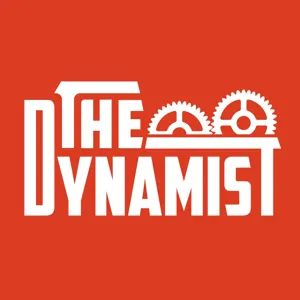Episode 18: Sowing Discord with State Secrets w/ Jon Askonas

While it didn’t get the attention of the Edward Snowden leaks, a recent dump of classified information on a video game chat server has been described as one of the worst Western intelligence failures in modern memory. Analysts say the leak could complicate Ukraine’s spring offensive against Russia and expose U.S. assets in the Kremlin, among other potential ramifications. What makes this leak unique is that it doesn’t appear to be driven by ideology or a foreign adversary, but rather the suspect’s desire to impress his online gamer buddies.
Is “clout chasing” a growing threat to national security? How can these leaks be prevented and what policies should the U.S. government change or implement in response? Evan is joined by Jon Askonas, Assistant Professor of Politics at Catholic University and a non-resident senior fellow at the Foundation for American Innovation. Read his piece, co-authored with Stanford Internet Observatory's Renee DiResta, in Foreign Policy on the threat gamers pose to national intelligence and check out his ongoing series in The New Atlantis on the collapse of consensus reality.